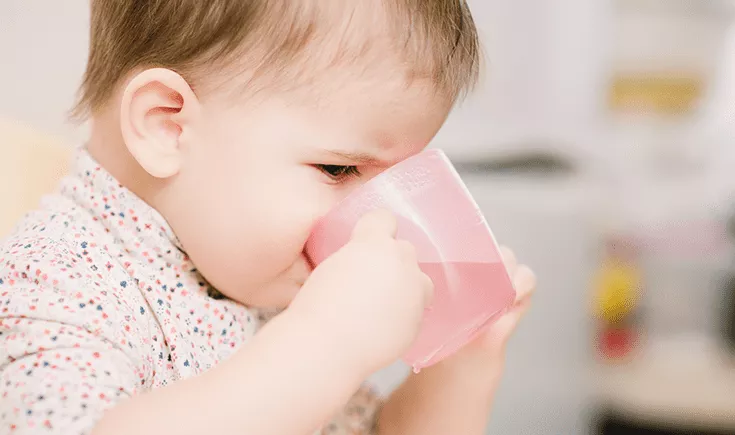Discover the Perfect Baby Spoons 10-12-Month-Olds

Discover the perfect baby spoons with our guide for 10-12 month olds. With expert tips for choosing the best baby spoons, ensuring safety development.
Choosing the Best Baby Spoons for Your 10-12 Month Old: A Guide
Introducing solid foods to your little one is an exciting milestone, and choosing the proper baby spoons can significantly facilitate this transition. Introducing spoons to a baby involves understanding when to start using spoons, the types of utensils available, and how to select the best spoons for your little one. This process is crucial for their development and overall well-being.

When to Start Using Spoons:
The introduction of baby spoons typically begins when a baby is around 10 to 12 months old. At this stage, most babies show signs of readiness for solid foods, such as improved head and neck control, sitting up with support, and showing an interest in what adults eat. It’s essential to consult your pediatrician before introducing solid foods to ensure your baby is developmentally ready.
Types of Baby Spoons:
Several baby spoons are available, each designed with specific features to cater to different needs. These include:
Soft-Tipped Spoons:
These spoons have a soft, gentle tip that is easy on a baby’s delicate gums and emerging teeth. They consist of materials such as silicone and rubber.
Long-Handle Spoons:
These spoons have longer handles, making them suitable for reaching more bottomless baby food jars.
Temperature-Sensitive Spoons:
These spoons change color when they come in contact with hot food, helping parents ensure the food is at a temperature that’s safe before feeding.
Self-Feeding Spoons:
As babies grow older, self-feeding becomes essential. Tiny hands can hold these spoons as they learn to feed themselves.
Travel Spoons:
These compact spoons are designed for on-the-go feeding and have protective cases to keep them clean when not used.
Choosing the Best Baby Spoons:
Selecting the best baby spoons involves considering different factors to ensure the safety and comfort of your baby:
Material:
Opt for spoons made from safe, BPA-free materials like silicone, rubber, or stainless steel. These materials are easy to clean and gentle on the baby’s mouth.
Size and Shape:
Choose spoons with small, shallow bowls to hold just the right amount of food for a baby’s mouth. A comfortable handle size allows for easy gripping.
Safety:
Ensure the spoon has no small parts that could pose a choking hazard. Check for smooth edges to prevent accidental cuts or scratches.
Ease of Cleaning:
Dishwasher-safe spoons are convenient for busy parents. Spoons with detachable parts or fewer crevices are easier to clean thoroughly.
Temperature Sensitivity:
Temperature-sensitive spoons can help prevent feeding your baby overly hot food, reducing the risk of burns.
Benefits of Using Baby Spoons:
Using appropriate baby spoons offers several advantages:
Safe Feeding:
Soft-tipped spoons prevent discomfort to the baby’s sensitive gums and emerging teeth.
Controlled Portions:
Small bowl sizes allow for controlled portions, reducing the risk of overfeeding.
Development:
Using spoons encourages hand-eye coordination, motor skill development, and self-feeding abilities as the baby grows.
Hygiene:
Properly designed spoons are easy to clean, maintaining good hygiene during feeding.
Bonding:
Feeding with a spoon promotes adhesion between the baby and caregiver during mealtime.
Conclusion:
Selecting the best baby spoons involves considering the baby’s developmental stage, safety, material, and ease of use. By introducing spoons at the right time and using appropriate types of utensils, you support your baby’s transition to solid foods, contribute to their development, and create positive mealtime experiences for both the baby and the caregiver. Always prioritize safety, comfort, and your baby’s needs when choosing baby spoons.






